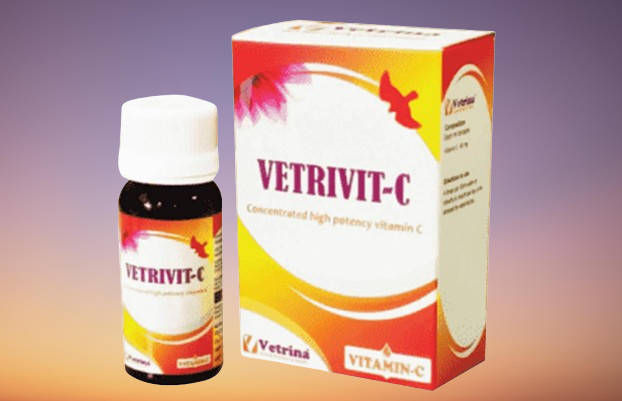Navigating Dog Food Recalls: How to Protect Your Pet
- Pet Treasure Trail
- May 17, 2024
- 3 min read
Understanding Dog Food Recalls: The Basics
Dog food recalls can be daunting for any pet owner. With the vast array of products on the market, it's crucial to stay informed and proactive. Recalls occur for various reasons, including contamination, mislabeling, or harmful ingredients. Knowing the ins and outs of dog food recalls helps you make better decisions for your furry friend's health.
Firstly, let's delve into what a dog food recall entails. A recall is an action taken by a company to remove a product from the market due to safety concerns. The cause can range from bacterial contamination, such as salmonella or listeria, to the presence of foreign objects or incorrect nutrient levels. Staying informed about these recalls ensures that your pet remains safe and healthy.
Recognizing the Signs: When Dog Food is Recalled
Recognizing a dog food recall can be straightforward if you know what to look for. The first step is to keep an eye on reliable sources of information. Websites like the FDA and the American Veterinary Medical Association (AVMA) regularly update their recall lists. Subscribing to newsletters or setting up alerts can keep you informed about the latest recalls.
Moreover, many pet food brands will also notify consumers directly via email or social media if there’s an issue with their products. This direct communication can be incredibly useful, as it often includes specific batch numbers or dates, allowing you to quickly determine if your dog's food is affected.
Acting Quickly: Steps to Take During a Dog Food Recall
Once you learn about a dog food recall, swift action is imperative. Firstly, stop feeding the recalled product to your dog immediately. Check your home for any affected batches and isolate them to prevent accidental consumption. Carefully dispose of the contaminated food according to the manufacturer's instructions, ensuring it’s out of reach of other animals.
Next, monitor your dog for any signs of illness. Symptoms such as vomiting, diarrhea, lethargy, or changes in behavior can indicate a problem. If you observe any of these signs, contact your veterinarian immediately. Bringing the product packaging and details about the recall can help your vet provide the best care for your pet.
Choosing the Right Dog Food: How to Avoid Recalls
Preventing issues related to dog food recalls starts with making informed choices. Researching and selecting reputable brands with transparent sourcing and manufacturing practices can significantly reduce the risk. Look for brands that prioritize quality control and have a history of minimal recalls.
Reading labels and understanding ingredients can also be beneficial. Avoiding foods with artificial additives, fillers, and low-quality by-products can contribute to your dog’s overall health and minimize recall risks. Opt for brands that use high-quality, natural ingredients and have clear, informative labels.
Staying Informed: Tracking Dog Food Recalls
Keeping up-to-date with dog food recalls requires a proactive approach. Several resources can help you stay informed. Websites like DogFoodAdvisor.com and the FDA’s pet food recall page offer comprehensive and timely information. Setting up Google Alerts for "dog food recall" can also ensure you receive immediate updates.
Additionally, joining online communities and forums dedicated to pet care can provide real-time advice and shared experiences from other pet owners. These platforms often discuss recalls extensively and can be a valuable source of support and information.
Vet Consultation: The Role of Your Veterinarian in Dog Food Recalls
Your veterinarian plays a crucial role during a dog food recall. They can provide expert advice tailored to your dog's specific needs and health status. Regular check-ups allow your vet to monitor your dog's health and catch any potential issues early.
In case of a recall, your vet can recommend alternative dog food brands or specific diets to ensure your pet’s nutritional needs are met without compromising safety. Open communication with your veterinarian about your dog’s diet and any changes is essential for maintaining their health.
Home-Cooked Meals: A Safer Alternative to Commercial Dog Food?
Considering the frequency of dog food recalls, some pet owners turn to home-cooked meals as a safer alternative. While this can offer more control over ingredients and quality, it’s essential to ensure the diet is balanced and meets all of your dog’s nutritional needs.
Consulting with a veterinary nutritionist can help create a well-rounded home-cooked meal plan. They can guide you on the necessary vitamins, minerals, and proportions required for your dog's health. Home-cooked meals can be a viable option, but they require careful planning and knowledge.
Conclusion: Safeguarding Your Dog's Health Amid Dog Food Recalls
Navigating dog food recalls may seem overwhelming, but with the right knowledge and resources, you can protect your pet effectively. By staying informed, acting quickly, and consulting with your veterinarian, you can ensure your dog’s diet remains safe and nutritious. Remember, proactive steps and informed choices are key to safeguarding your dog’s health against potential food recalls.
Read more : - The Science Behind Dog Toys: What Makes Them Tick




Comments